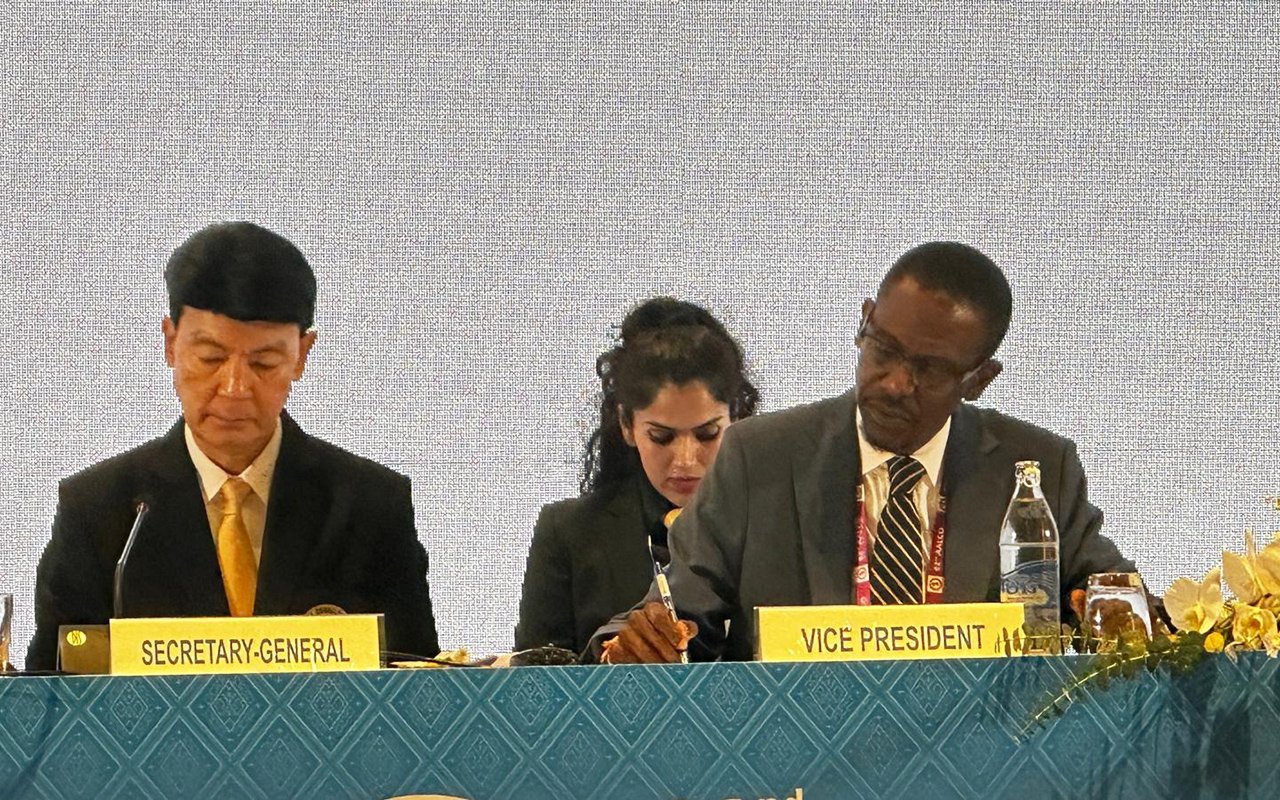Prime
We should embrace ongoing wetland restoration efforts

Policemen and UPDF soldiers are seen during enforcement of NEMA evictions in Lubigi Swamp in Nansana, central Uganda on June 18, 2024. PHOTO/MICHAEL KAKUMIRIZI
What you need to know:
- A lay man in the community would lament, “why displace me from a wetland?”
- But I ask: “Why restore wetlands?”
The recent evictions affected more than 600 households and about 1,000 people who had encroached on the core peri-urban wetland ecosystems in the central regions of Uganda.
However, its imperative for the populace in Uganda to acknowledge that the current wetland restoration efforts by the National Environment Management Authority are part of Uganda’s development agenda.
This agenda should be fast tracked to fulfil the third National Development Plan’s target of increasing the percentage of land covered by wetlands from 8.9 percent to 9.7 percent by 2025.
In the past decade, Uganda has disproportionately lost its wetland cover by a rate of 2 percent annually, exacerbated by rapid urbanisation, industrial development, population increase, sand and clay mining, uncoordinated planning and demand for more arable land.
There is a need for mindset change because some of the affected people do not understand the rationale for conserving and restoring wetlands and protected areas .
If mindset change among local communities, development agencies and leaders is not realised towards prioritising wetland conservation, we shall have our wetland coverage reduced from 11 percent current land cover to 1.6 percent by 2040.
The implications are adverse, first and fore most, the tourism sector will be impaired as most of these wetlands are Ramsar sites that offer tourism values.
Climate change will soar and affect the agricultural sector, the cost of water treatment will increase , natural flood control systems constrained, the 2030 Sustainable Development Goals, Uganda’s Vision 2040 and the National Development Plan will not be fully achieved without according these important ecosystems the protection they deserve.
Wetland destruction costs the country close to Shs2 billion annually while contamination of water sources due to reduced buffering capacity of wetlands near open water bodies, costs the country nearly Shs38 billion annually. These costs pose a strain on the national budget.
A lay man in the community would lament, “why displace me from a wetland?”
But I ask: “Why restore wetlands?”
Various studies and reports have put forward that restoring 15 percent of a wetland and halting further degradation could avoid up to 60 percent of expected species extinctions therein and every dollar invested in restoring wetland can bring up to $30 (about Shs110,700) in wetland ecosystem services.
Restoration of these wetlands boosts livelihoods, lowers poverty, builds resilience to extreme weather, slows climate change and increases habitation for diverse species of wild life, among others.
Therefore, in light of the ongoing wetland evictions by Nema, I urge communities and leaders, to embrace the restoration efforts.
The general public should understand such efforts aim at sustainable development and a climate safe future of the country.
This is a call to all the leaders, civil society organisations, educational institutions, district local authorities, and other agencies to roll out a campaign in their respective jurisdictions about wetland policies tailored to restoration and conservation of the 8,613 gazetted wetlands in Uganda.
This will foster a joint and holistic countrywide effort towards protecting these sensitive ecosystems from encroachment.
John Peter Okwi, Programmes officer, Environment Governace Institute (EGI)




